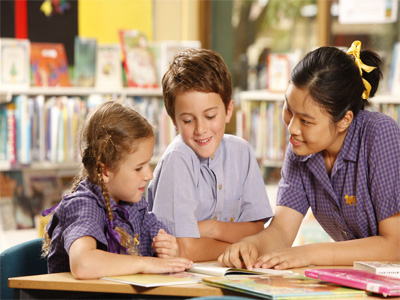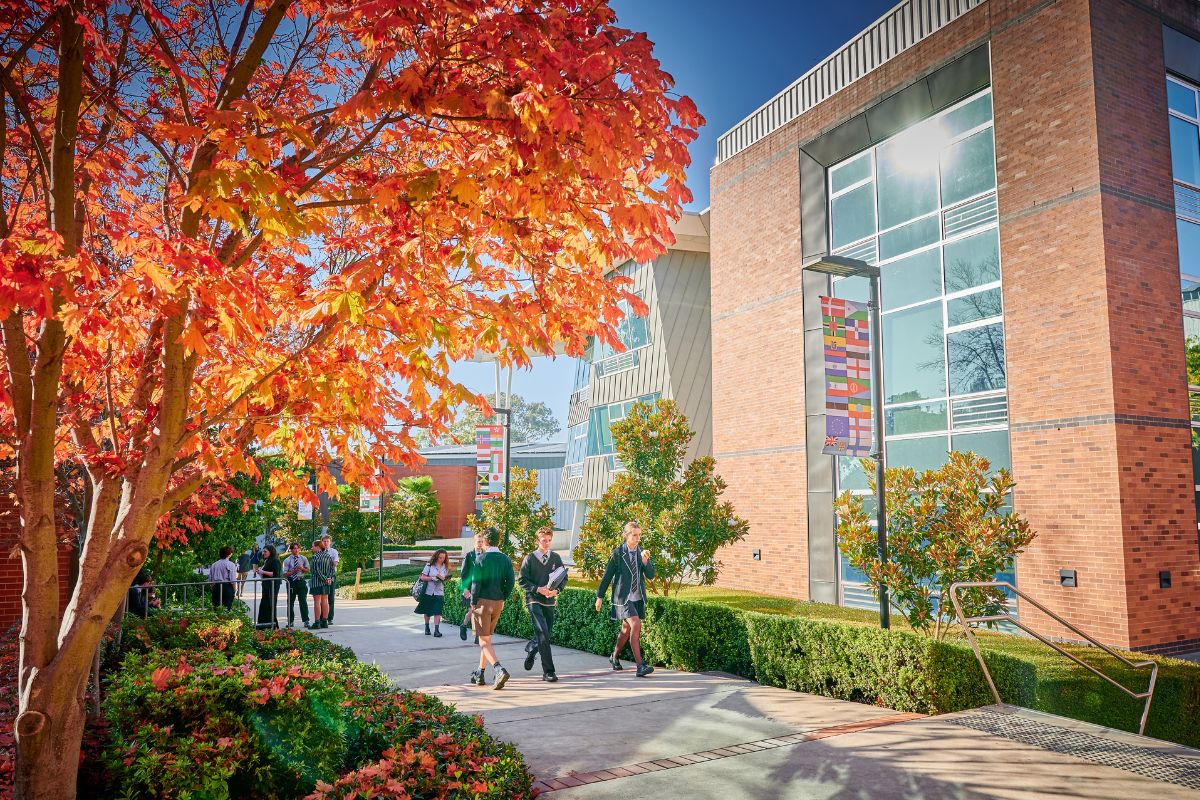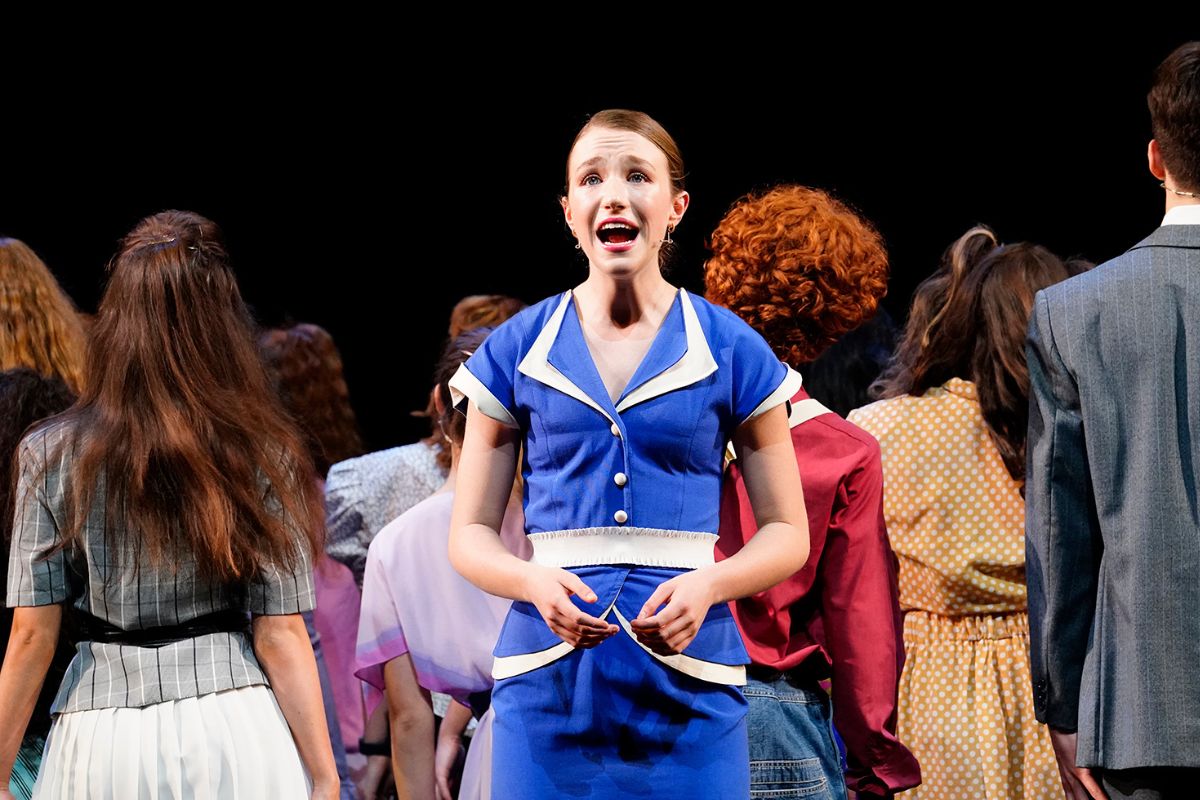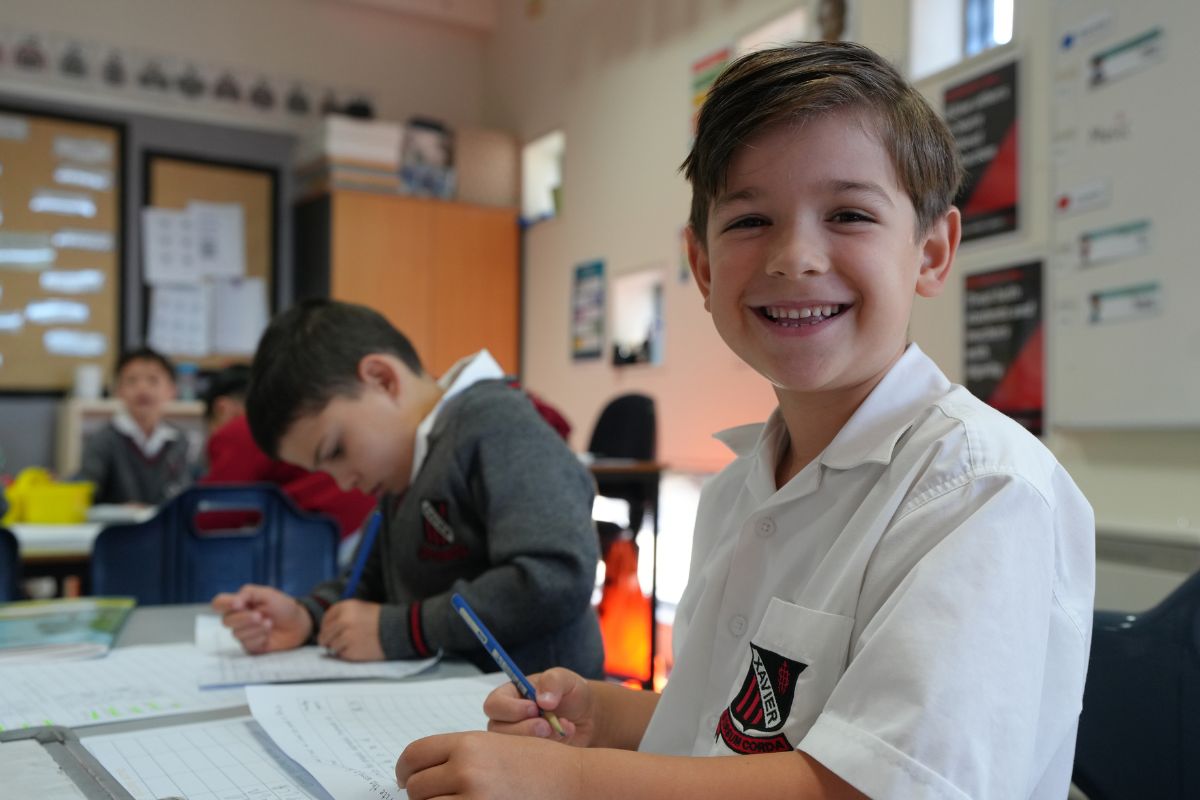From primary to secondary

The tricky transition and how to survive it: a guide for you and your child
The transition from Primary to Secondary school is never easy. Everyone has endured it, or will eventually, at some point. This is why it is vital to prepare your child for the inevitable but in doing so, it is important to encourage eagerness and a will to learn so that your child will not only have a successful transition, but also a successful time in secondary school.
When you compare the excitement filled last days of Grade 6 to the nervous first days of Year 7, it can be terrifying for any 12 or 13 year old, especially when they go from pure comfort within their friendship groups to anxiously trying to find new ones. Added to this is the pressure of new modes of transport, figuring out their new timetable, knowing where each class is and adjusting to the idea of having different teachers for each subject. The role that parents play is pivotal, as they have the ability to instil a sense of excitement into their child about learning new subjects, making new friends and grasping at new and enthralling opportunities to enhance their child’s skills in a particular area.
Many schools hold a number of orientation and transition programs for your child to be a part of, so having your child participate in these is a great start. Students that attend government secondary schools partake in orientation days organised by the secondary school of their choice. These days will include tours of the entire school and meeting other students and teachers as well as doing activities that are associated with particular subjects — this could include fun science experiments in a science lab — so that the transition process is deemed as less daunting.
Pre-planning is often a very effective method of familiarising your child with what to expect come day one of Year 7: new transport methods, classroom locations and knowing who will be in each class are all things that should be covered before your child heads into their first day as this knowledge will ease a lot of pressure. During a school tour, it is often a good idea to take photographs of where your child will spend the majority of their time — a lot of schools have designated Year 7 areas of the school so that they are not overwhelmed with where to go; this makes it a lot simpler and limits any further anxiousness due to unfamiliarity. As well as this, new transport methods may be needed so taking your child on a bus or train route a few times beforehand is often a good idea. This results in one less thing your child needs to worry about before their first day and it is often sensible to remain in contact until all this becomes familiar.
Being aware of your child’s well-being goes a long way towards bettering their state of mind. This can involve small things such as asking how they’re coping or whether you can do anything that will make them feel more comfortable heading into each day. Be as open and approachable as possible because even the smallest things will make a world of difference. It is important to keep in mind that communication is a key element as your children progress through a time in their lives that often paints a picture for their upcoming adulthood.
A common dilemma that some students face is prioritising fitting in and being included over their academic success. This is often a result of unfamiliarity, something which is quite normal but, with an abundance of support from external sources as well as putting into place steps of your own, the transition is often very smooth.
If your child does find it difficult fitting in or familiarising themselves and requires further assistance, then contacting the school is often encouraged as there are always solutions to overcoming this. One worth mentioning and which is largely successful is the “buddy” system. The buddy system allows a senior member of the school to be a type of “aid” to any new student, one that can answer any basic questions they may have in an attempt to minimise any unfamiliarity. Another popular program run by a number of schools, often in conjunction with a buddy system, is “Peer Support”. This particular initiative enables a group of Year 7s to meet with two or three designated “Peer Support” leaders throughout the year to discuss how they’re feeling, any issues they have and any experiences they want to share. These senior mentors are often chosen because they have presented leadership qualities, so having your child in their presence is very beneficial.
It’s no secret that the pressures of fitting in, getting used to a new environment and keeping up to date with school work are both mentally and physically draining on any student, so allowing your child a break from their academic studies is necessary. This allows them an opportunity to rejuvenate while learning to balance all work loads so they can achieve to the best of their ability. After-school activities normally consist of sport, music or dance, while social activities like clubs and school dances are often held inside and outside of school hours. However, teaching your child to have a balance is crucial, not just for academic purposes but also as a key concept going through life.
The reality is tough; your child is growing up and hopefully growing into an adult who will go on to achieve remarkable things. Before this happens, though, you must guide them and support them as much as possible as they venture through one of the most agonising times of their childhood. It definitely won’t be easy, for your child or for yourself, but as outlined previously, there are ways for you, and methods put into place by your school, to ease the pressure and make sure the entire process runs as smoothly as possible.
Words: Simeon Barut
Image: Wesley College


